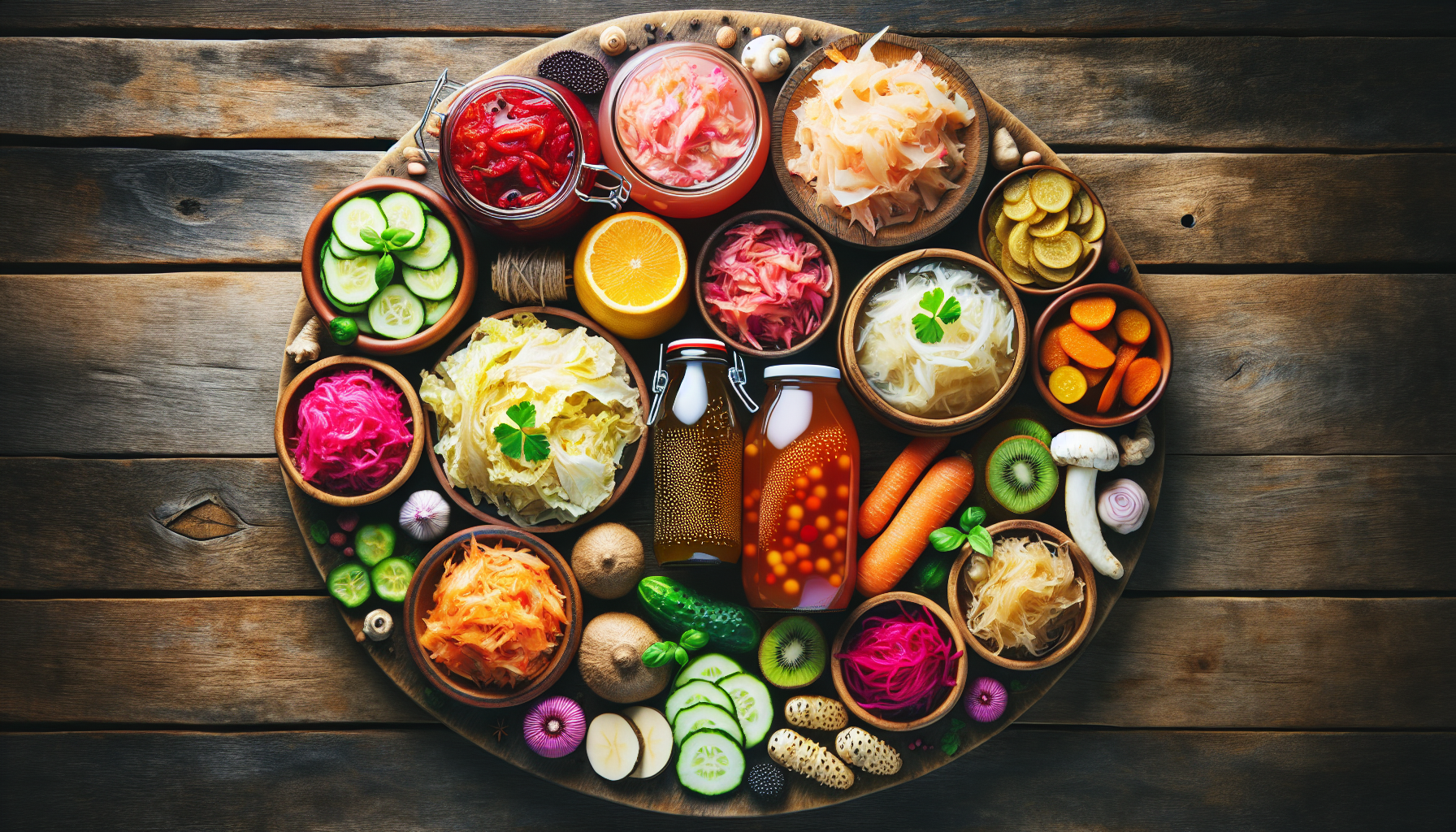In our fast-paced world, finding simple yet effective ways to boost our well-being is essential. One such method gaining attention is the incorporation of fermented foods into our daily routines. Fermentation, an ancient practice, not only preserves food but also enhances its nutritional profile, offering a natural boost to our health. Recent studies have highlighted the profound impact fermented foods can have on our mental and emotional well-being. For instance, research from the University of California, Los Angeles, found that individuals who regularly consumed fermented foods reported improved mood and reduced anxiety levels. This is largely attributed to the gut-brain axis, the direct link between our digestive system and brain, which plays a crucial role in regulating emotions and cognitive functions. By nurturing a healthy gut microbiome through fermented foods, we can foster a more balanced and resilient mind.
Beyond the gut-brain connection, fermented foods are rich in probiotics—beneficial bacteria that support digestive health. A balanced gut microbiome is essential for optimal nutrient absorption, which in turn fuels our energy levels and cognitive abilities. The University of Oxford's Department of Psychiatry conducted a study revealing that participants who included fermented foods in their diet experienced enhanced cognitive performance and sharper focus. This suggests that the benefits of fermentation extend beyond emotional well-being, positively influencing our cognitive functions. By embracing fermented foods, we not only nourish our bodies but also equip ourselves with the tools for personal growth and self-improvement.
Key Takeaways
- Regular consumption of fermented foods can improve mood and reduce anxiety.
- Fermented foods support a healthy gut microbiome, enhancing emotional balance.
- Probiotics in fermented foods aid in nutrient absorption, boosting energy levels.
- Including fermented foods in your diet may enhance cognitive performance and focus.
- Embracing fermentation can be a simple yet effective strategy for personal development.
Example
Incorporating fermented foods into your daily routine can be both enjoyable and beneficial. Start by adding a serving of sauerkraut or kimchi to your lunch, or enjoy a glass of kombucha as an afternoon refreshment. These small changes can make a significant impact on your well-being. To further enhance the benefits, consider preparing fermented foods at home. This not only allows you to control the ingredients but also provides a sense of accomplishment and connection to your food. Engaging in the fermentation process can be a mindful practice, fostering a deeper appreciation for the food you consume and its impact on your health.
